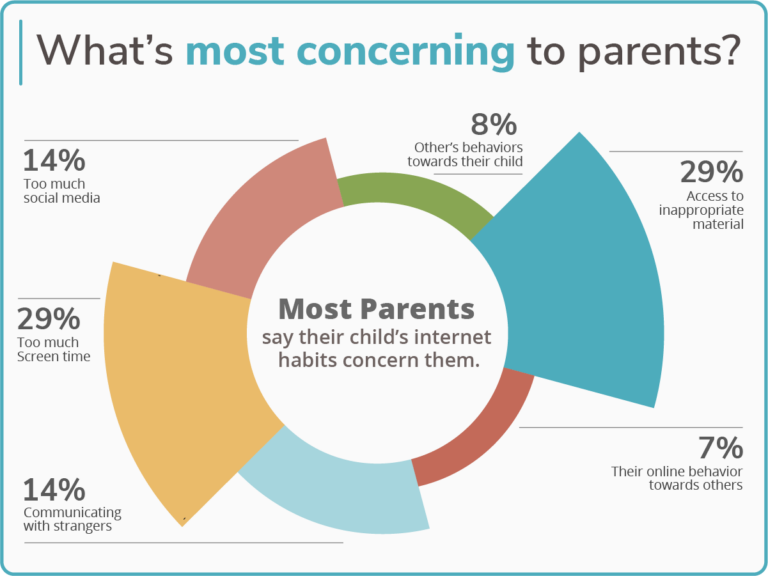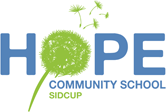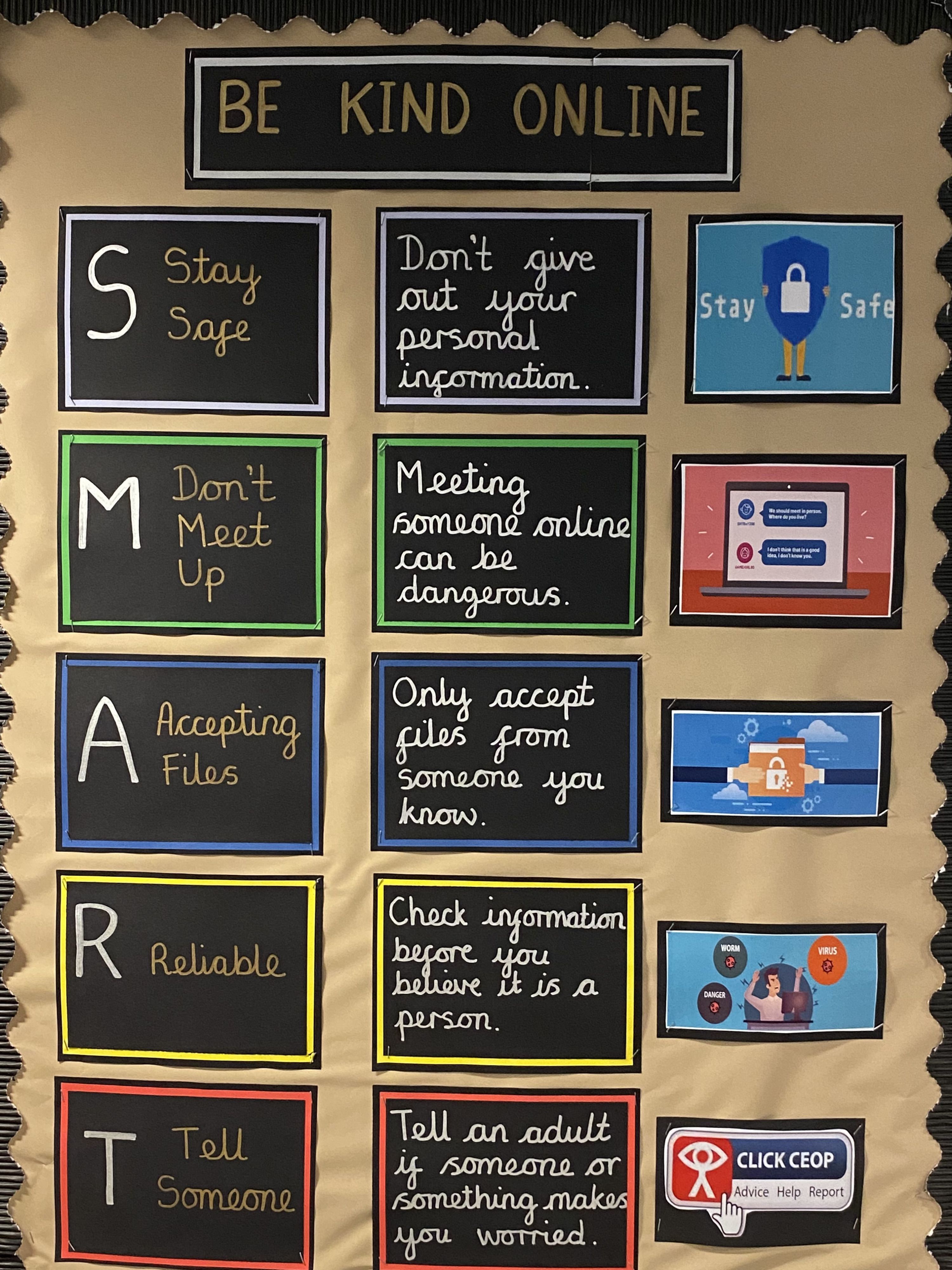Many children use the internet as part of their lives. However, as adults, we need to be aware that our children need to be supported in using them with care.
At Hope Community School, we follow the SMART rules of Online Safety:

For advice and information published by The National College see link below.
How online safety is taught at Hope:
At Hope Community School, we take an active role in making sure that our children feel safe when they are online. Throughout the year, we take part in online safety activities and events such as Internet Safety Day, where we focus on a range of topics relatable to today's online concerns. We also take present collectives where we focus on our rules of being SMART online. At the start of each computing lesson there is a short lesson from Project Evolve about a range of topics that link to online safety and are age appropriate from EYFS to Year 6.
Support for parents:
https://www.childline.org.uk/get-support/
https://www.ceop.police.uk/CEOP-Reporting
https://www.internetmatters.org/issues/inappropriate-content/
https://www.internetmatters.org/resources/digital-family-agreement-template/
https://www.ceopeducation.co.uk/parents/home-activity-worksheets/
https://saferinternet.org.uk/guide-and-resource/parents-and-carers
https://www.childnet.com/parents-and-carers/
IF YOU ARE CONCERNED ABOUT SOMETHING YOU HAVE READ OR SEEN ONLINE, REPORT IT
The Click CEOP button
The Click CEOP button is an asset of the National Crime Agency’s CEOP Command. The CEOP Command works to protect children from the harm of sexual abuse and exploitation both online and offline.
The NCA’s CEOP Command is here to help children and young people. We are here to help if you are a young person and you or your friend (up to age 18) has been forced or tricked into taking part in sexual activity with anyone online, or in the real world. We also have advice and links to support for other online problems young people might face, such as cyberbullying and hacking. Visit our Safety Centre for advice and to report directly to CEOP, by clicking on the Click CEOP button.
The CEOP Safety Centre
The Click CEOP button provides a gateway to the CEOP Safety Centre, an area of the CEOP website offering:
-
Advice on a range of online safety issues, such as hacking and cyberbullying;
-
Signposting to NCA-CEOP partners offering help and support on issues outside CEOP’s remit, such as ChildLine and BeatBullying;
-
Reporting of suspected or known child sex offender activity directly to CEOP for investigation.
Reporting to CEOP:
Reports can be made to CEOP by a young person or on their behalf by a parent/carer or professionals. Children under 11 years of age are encouraged to tell an adult that they trust what has happened and to ask for their help in reporting this either to CEOP or local police.
All reports to CEOP are treated as reports of crime and, as such, anonymous reports cannot be accepted.

